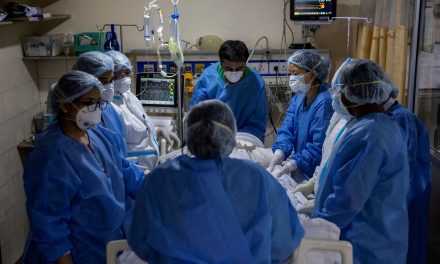KUALA LUMPUR | Nearly 90,000 job losses have been reported so far this year, according to the Social Security Organisation (Socso).
Socso CEO Mohammed Azman Aziz told FMT the organisation had received reports on 89,596 cases of loss of employment as of Oct 22, with an average of nearly 10,000 cases every month.
“This represents an increase of 278% compared with 2019,” he said. “If this trend continues, loss of employment cases are estimated to be more than 100,000 by the end of 2020.
“We observed that the figure started to increase in May, when the government implemented the conditional movement control order (CMCO), and spiked in July when the recovery MCO commenced. The trend started to stabilise in mid-July.”
Azman said the manufacturing sector had been the worst-hit, with 20,492 job losses, making up 23% of cases, followed by the accommodation and food and beverage industry with 13,053 cases (15%) and the retail industry with 12,450 cases (14%).
Fifty-eight per cent of job losses were recorded in the Klang Valley, with Selangor and Kuala Lumpur seeing 27,619 and 23,882 cases of loss of employment respectively. Penang was third-highest in the country, with 9,489 cases, or 11% of the total.
“In terms of occupation, the professional category is the most affected, with 23,022 (26%) cases, followed by technician jobs with 17,240 (19%) and managerial positions with 11,762 (13%),” Azman said.
He also said the third wave of Covid-19 infections had caused huge uncertainty in the labour market.
“If we can avoid a full lockdown and the economy recovers, Socso expects 20,000 to 25,000 job losses in the first quarter of 2021 (1Q21).”
He said the unemployment rate by year-end or in 1Q21 could be between 4% and 4.5%, although these figures were uncertain.
While the unemployment rate currently stood at 4.7%, the labour force participation rate had slowly improved compared with 2Q20.
He said that one of the factors influencing Malaysia’s unemployment rate was active government intervention through programmes like Prihatin, Penjana and Kita Prihatin.
Socso had also implemented various active labour market policies to stabilise the unemployment rate, including the Hiring Incentive Programme (Penjana Kerjaya) and the wage subsidy scheme.
Another factor influencing the unemployment rate, he said, was Malaysia’s ability to contain the pandemic while sustaining economic activities.
“The unemployment rates can be further reduced if new graduates and school-leavers who will enter the labour market this year take part in reskilling and upskilling programmes,” he added.








